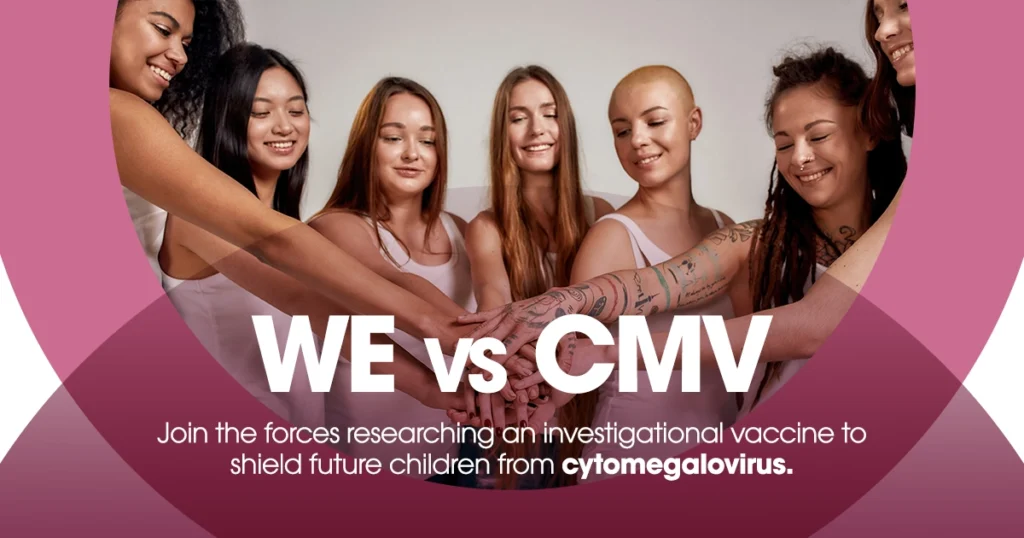Cytomegalovirus (CMV) is a common viral infection that affects people of all ages, but it poses a significant risk to specific vulnerable populations, especially pregnant women and their unborn babies. In this blog, we will study the impact of cytomegalovirus and its potential consequences for pregnant women and their infants and explore how women can make a difference in combating this virus and protecting their health and their families.
Understanding Cytomegalovirus
Cytomegalovirus, commonly known as CMV, belongs to the herpesvirus family and is widespread among the general population. Most healthy individuals who contract CMV experience either mild or no symptoms, unaware they carry the virus. However, for pregnant women, CMV infection can pose severe risks to their unborn child. The virus can be transmitted to the fetus during pregnancy, leading to congenital CMV infection, which may result in long-term health complications for the baby, such as hearing and vision loss, developmental delays, and other neurological issues.
As CMV can remain asymptomatic in most individuals, pregnant women may not even be aware that they have been infected with the virus. Women must take preventive measures during pregnancy to reduce the risk of transmitting CMV to their unborn baby.
How Women Can Make a Difference
Education and Awareness: Knowledge is power, and women can be vital in raising awareness about cytomegalovirus. By educating themselves and others about CMV transmission, prevention, and the potential risks during pregnancy, women can help prevent its spread and protect their families and communities.
Regular Prenatal Care: Regular prenatal check-ups are essential during pregnancy to monitor the health of both the mother and the baby. By attending these appointments, women can work closely with their healthcare providers to identify and address potential CMV infection risks and take appropriate measures if needed.
Hygiene Practices: Cytomegalovirus is primarily spread through close contact with infected bodily fluids. Pregnant women can safeguard themselves by practicing good hygiene, such as washing hands frequently with soap and water, avoiding sharing utensils and cups, and refraining from kissing young children on the mouth or cheek.
Implementing Preventive Measures: Women can take proactive steps to minimize their exposure to CMV during pregnancy. This may include limiting contact with young children, especially if they attend daycare or preschool where the risk of CMV transmission is higher.
Supporting Research and Advocacy: Women can make a difference by supporting research efforts focused on understanding cytomegalovirus better and developing effective treatments or preventive measures. Additionally, advocating for public health initiatives prioritizing maternal and child health can bring attention to CMV prevention during pregnancy.
Cytomegalovirus is a prevalent and potentially serious viral infection that can have lasting consequences, particularly for pregnant women and their babies. Empowering women with knowledge about CMV transmission and prevention is crucial in reducing the risk of infection and protecting their health and the well-being of their families. By taking proactive steps, spreading awareness, and supporting research, women can make a difference in combating cytomegalovirus and ensuring a healthier future for themselves and their loved ones.
What We’re Doing to Help
Cytomegalovirus can impact various populations, particularly pregnant women, newborns, and immunocompromised individuals. Understanding the transmission routes and adopting preventive measures is crucial, especially for pregnant women and those with weakened immune systems. Current vaccine studies at New England Research Associates aim to develop effective antivirals. Women 16 – 40 years of age who are in close contact with children under five may qualify. Qualified participants may see a study doctor at no cost, have access to study medications, and receive compensation for time and travel. Click here to learn more or call us at 203-374-9816.

